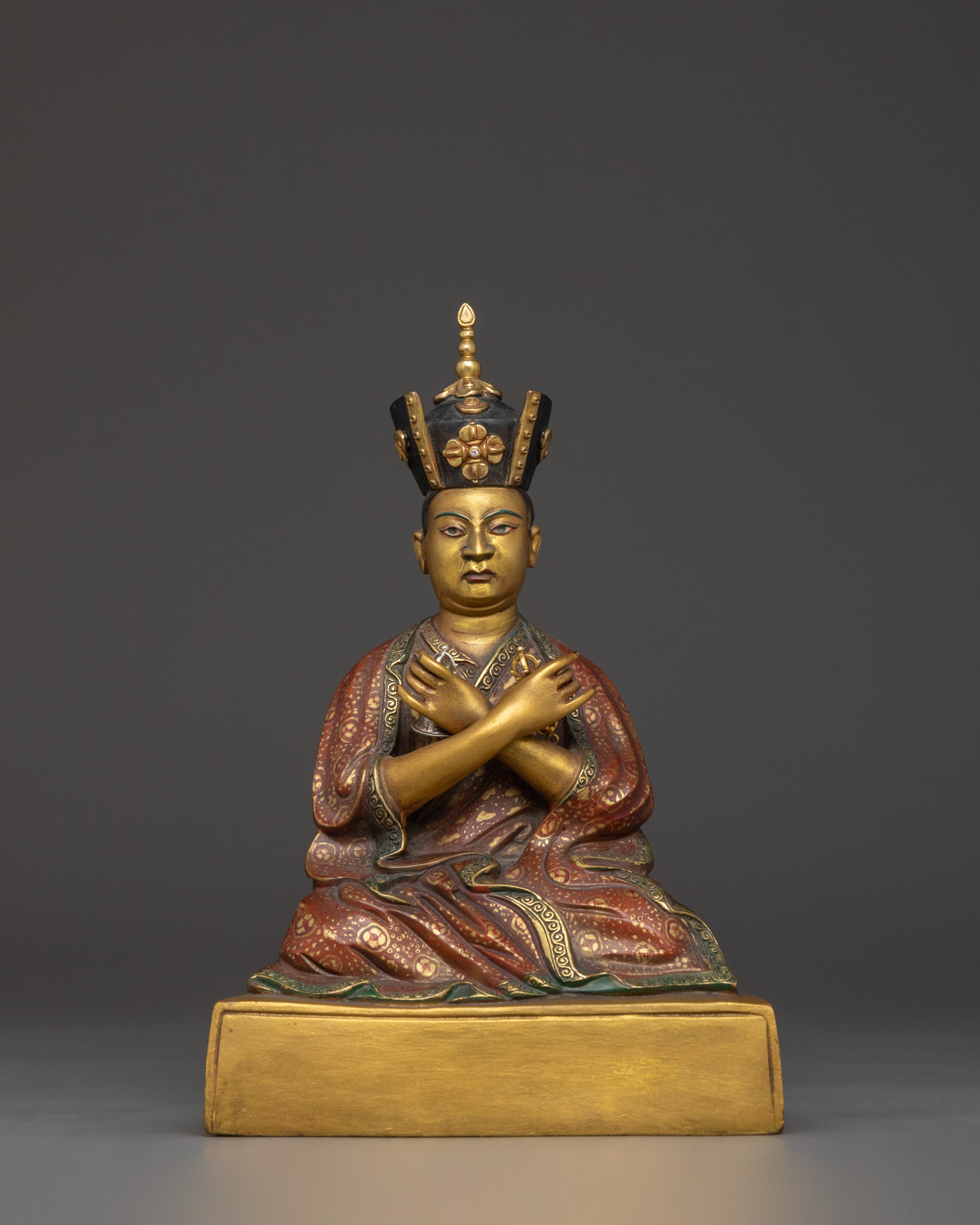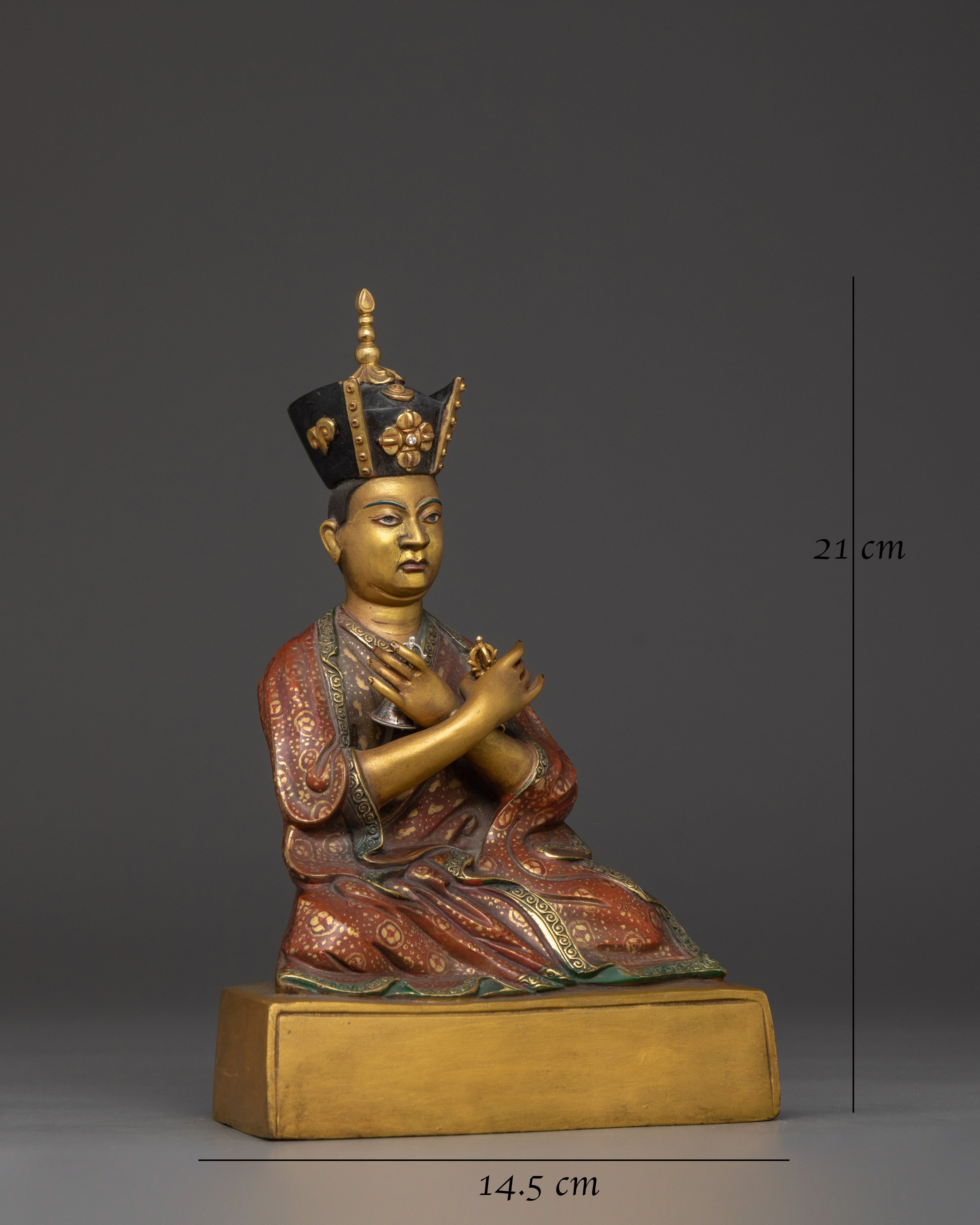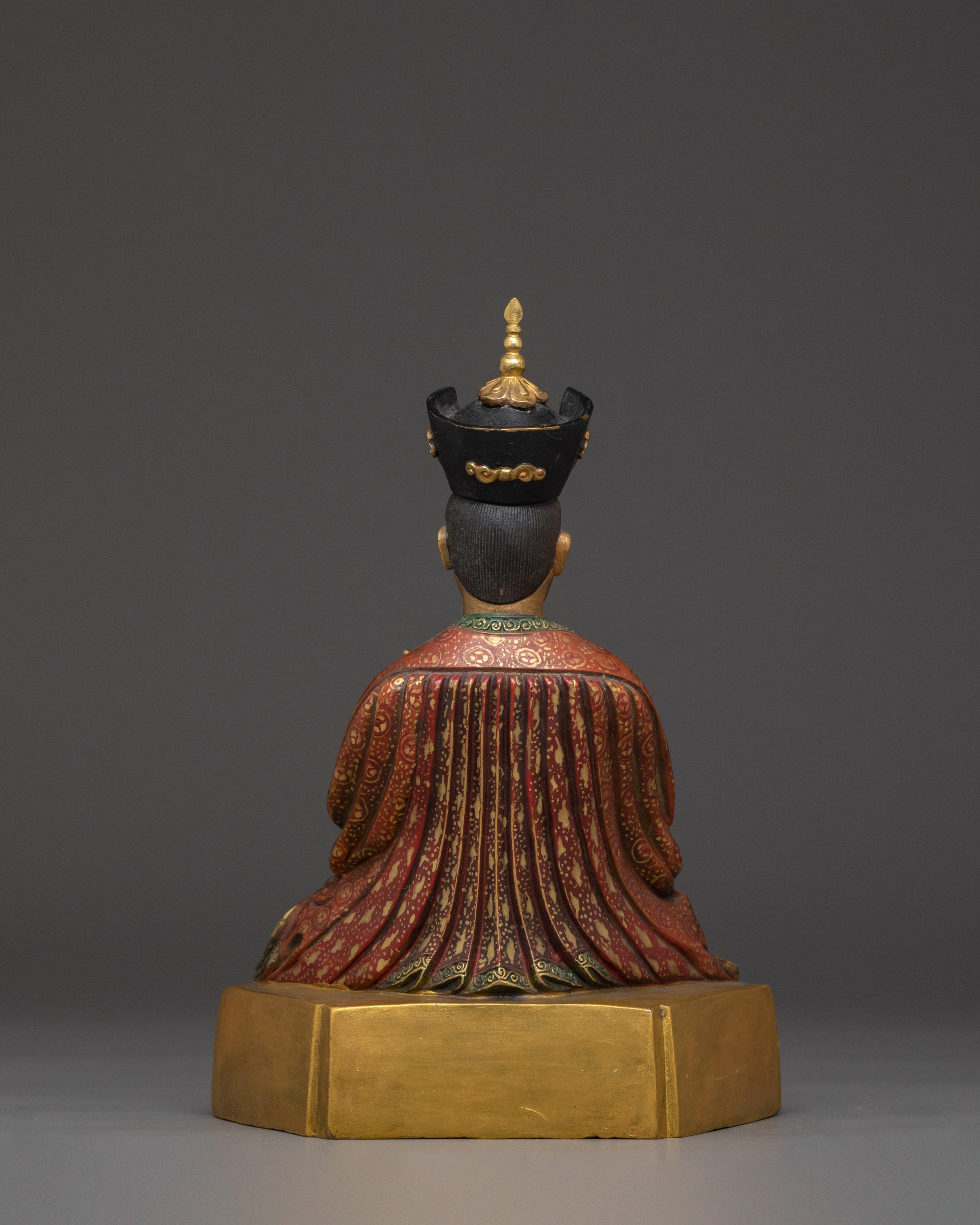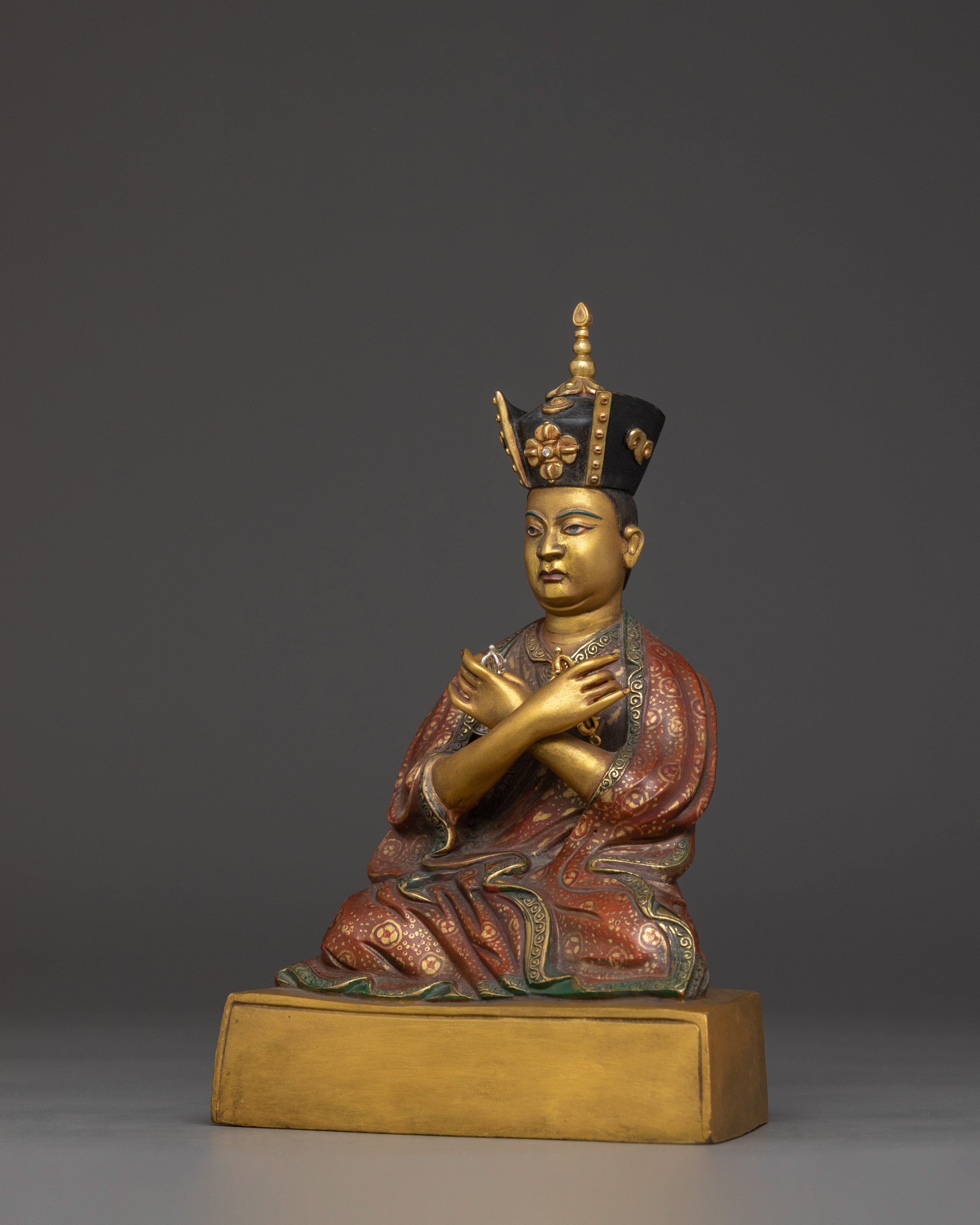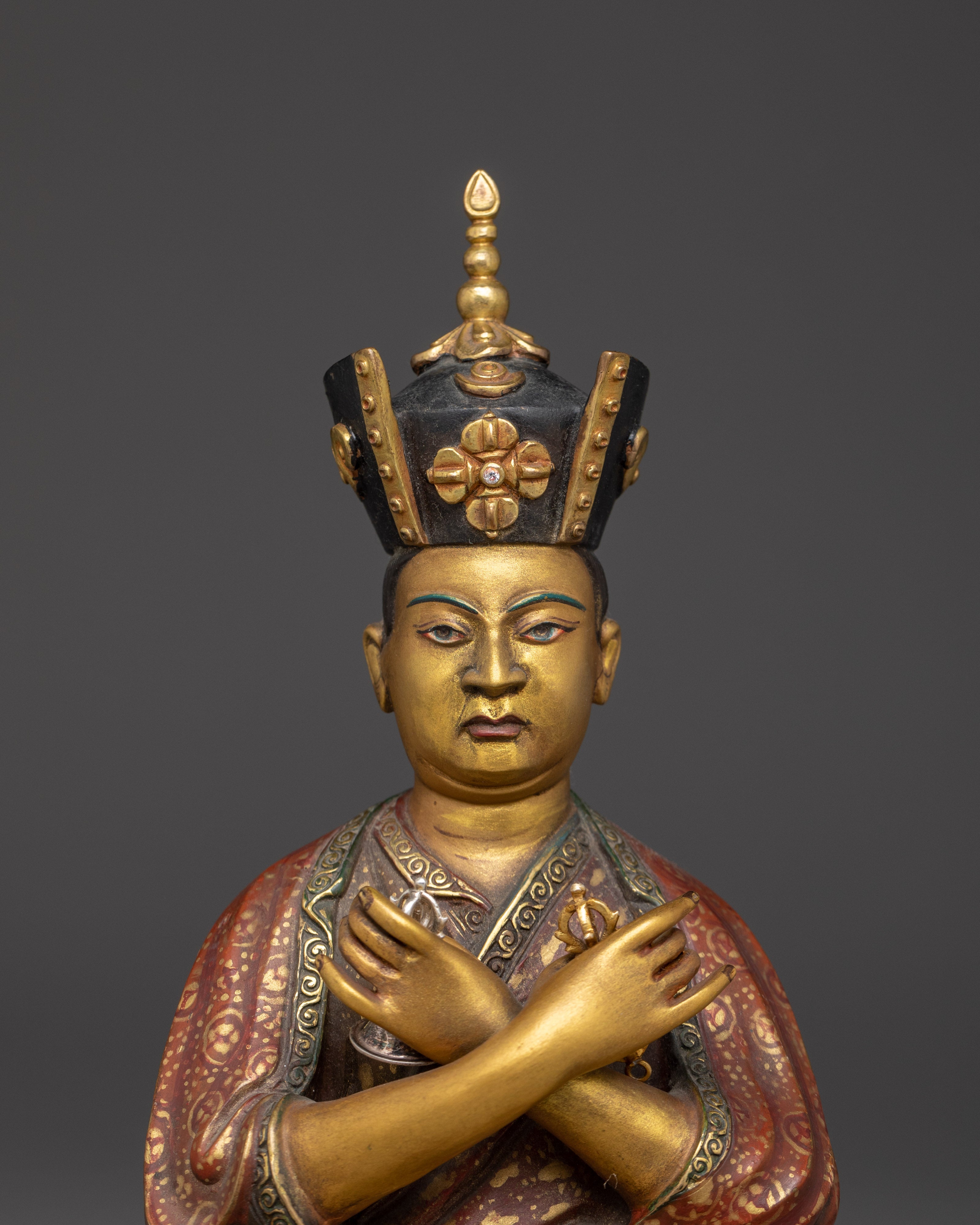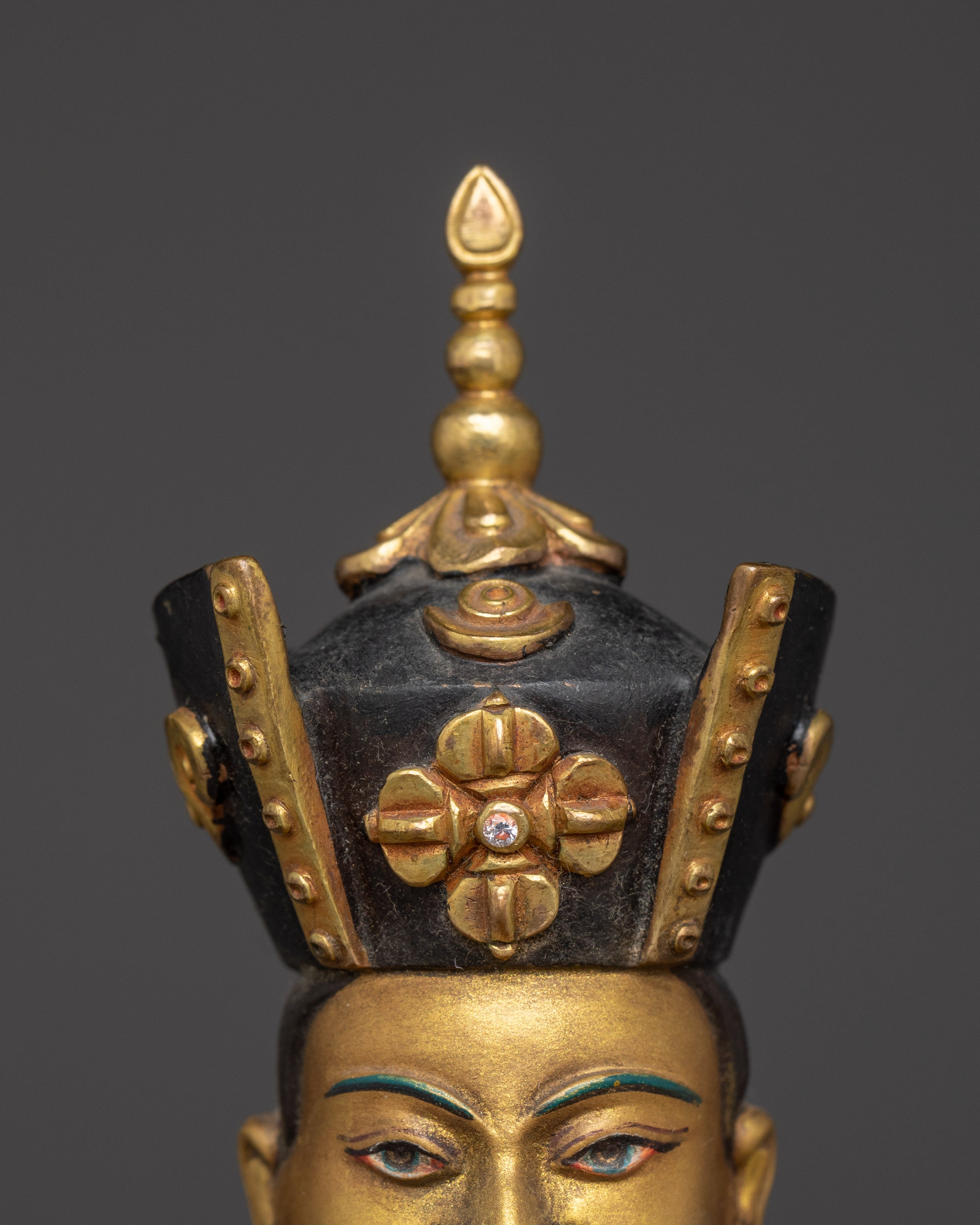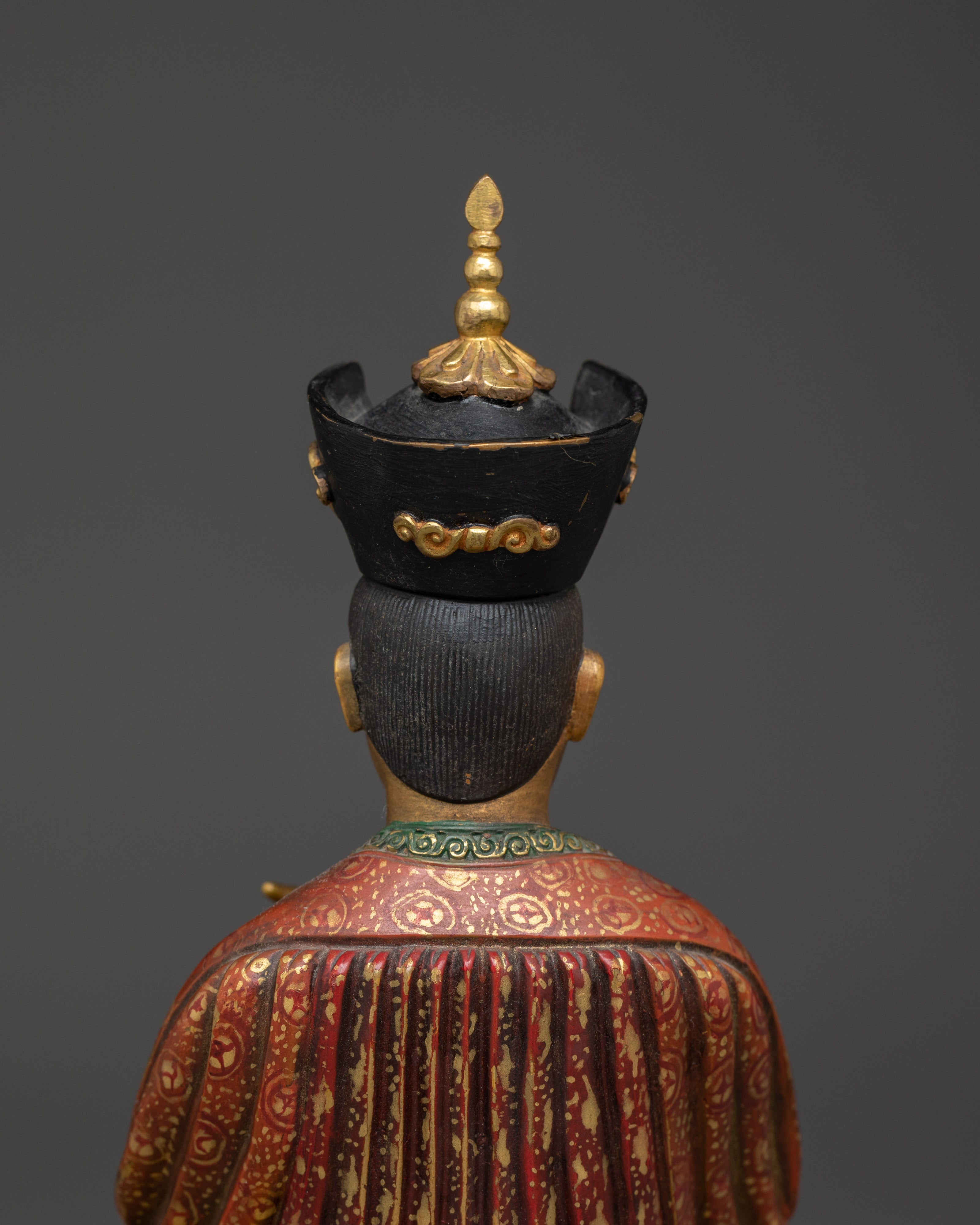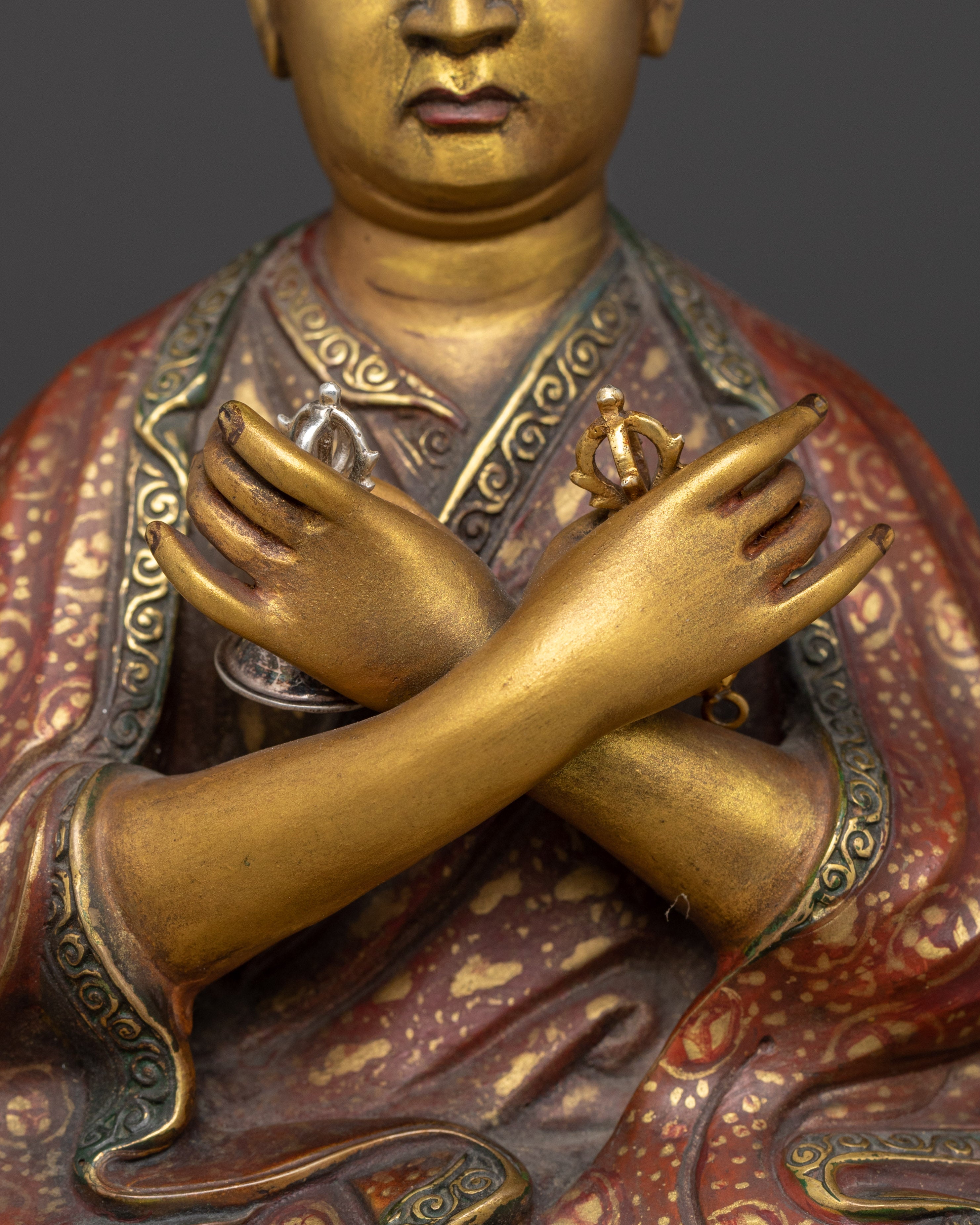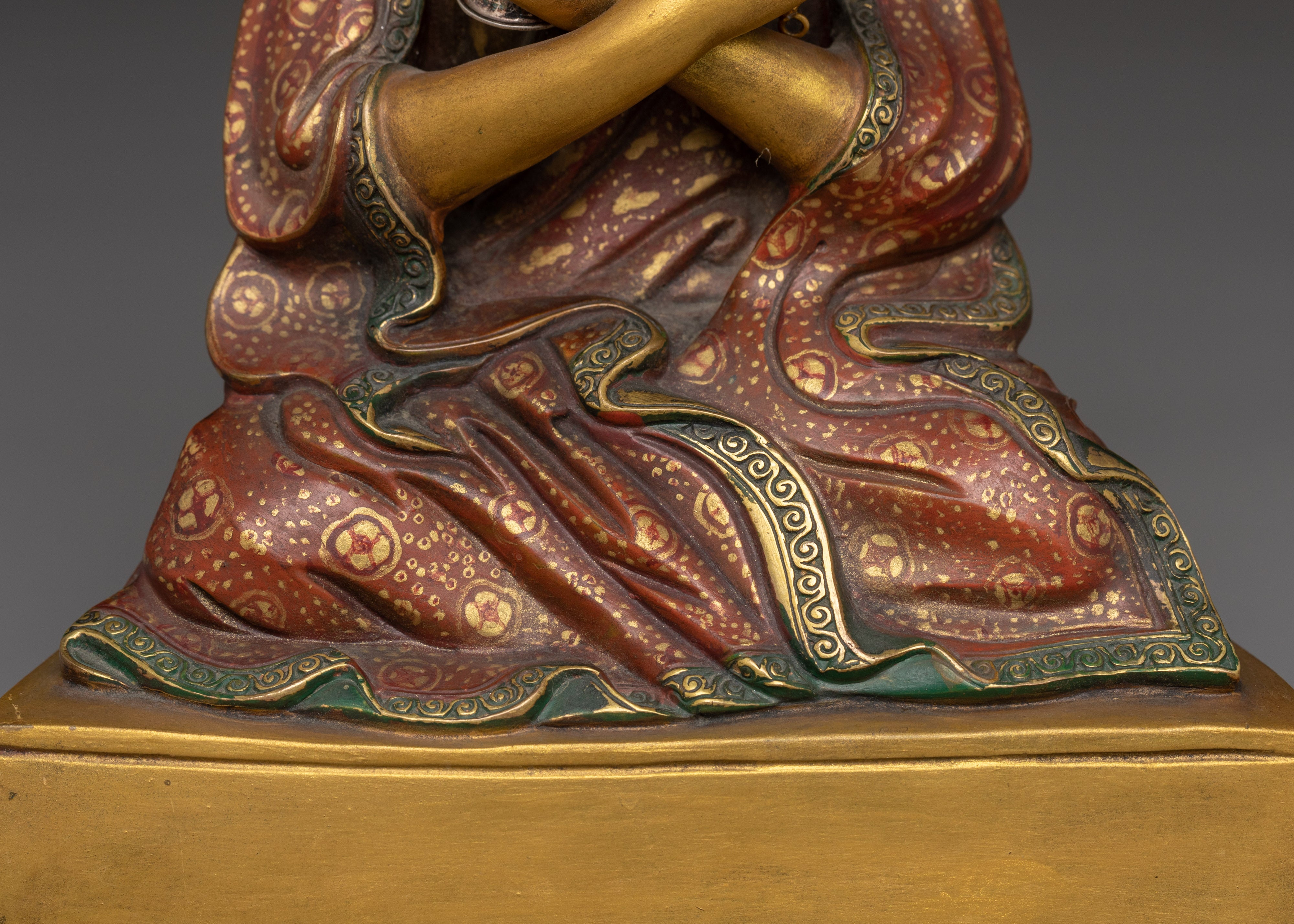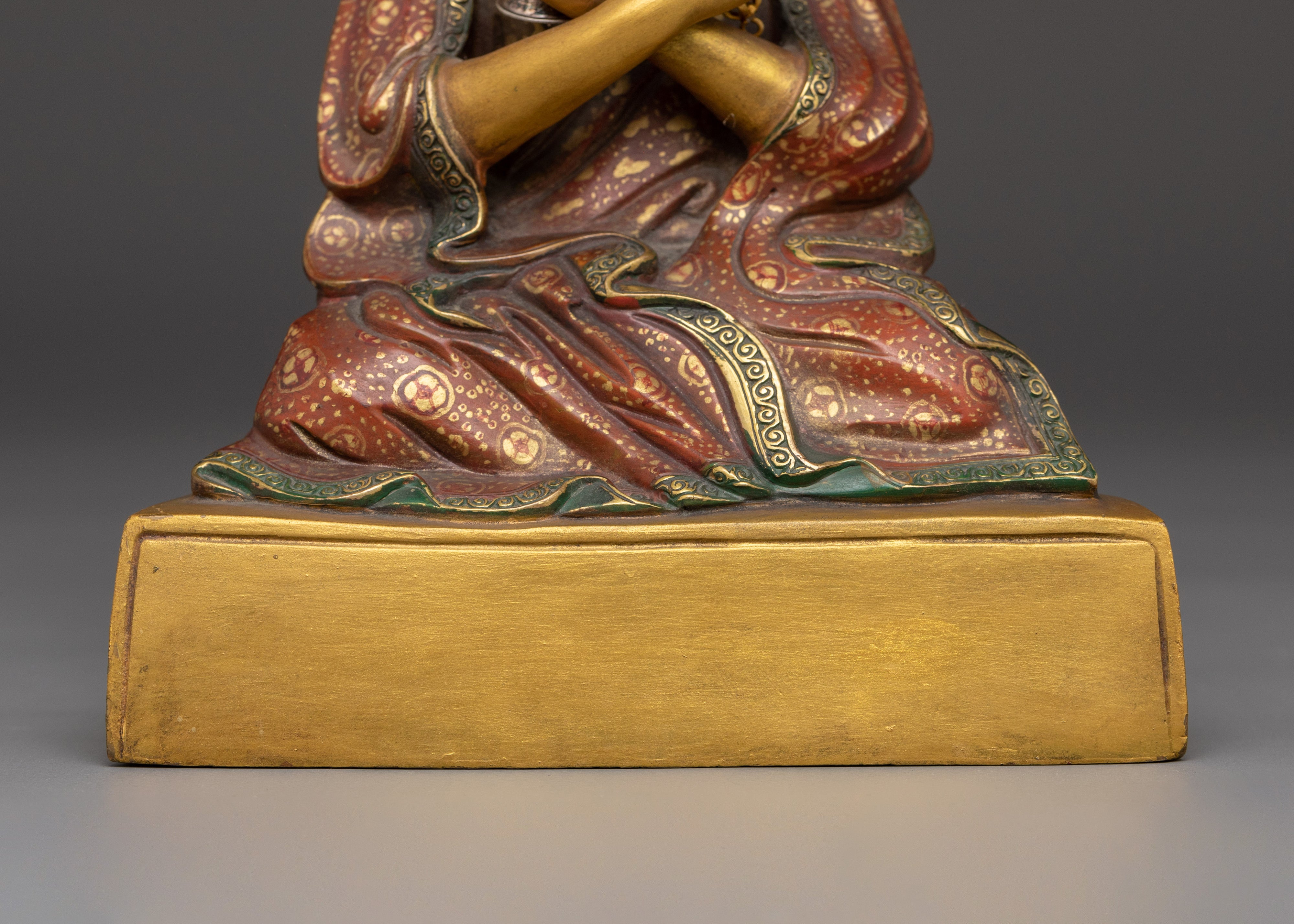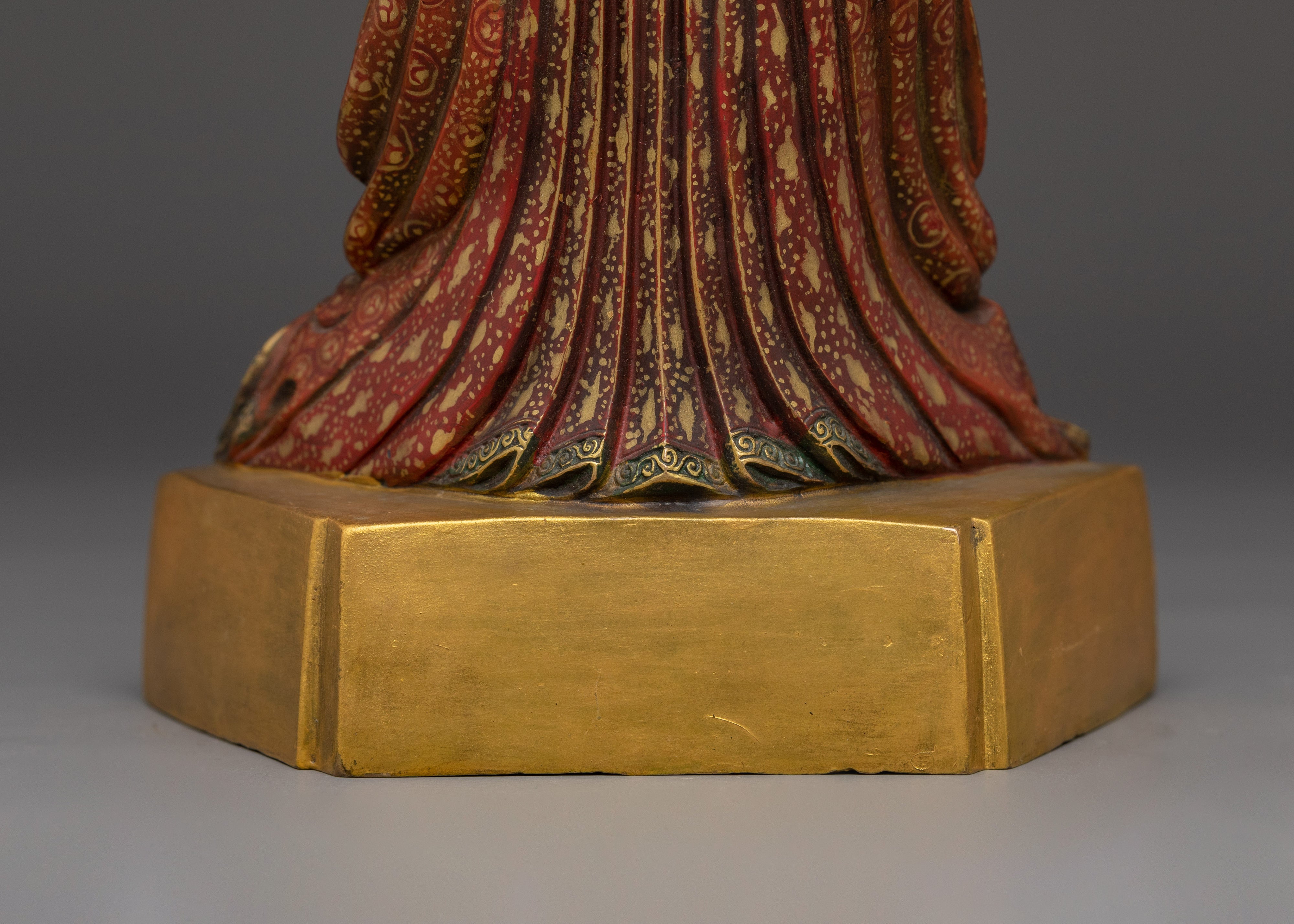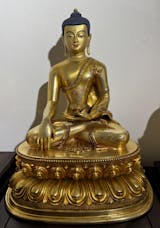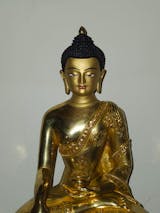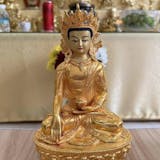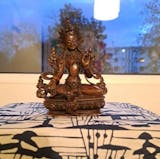Great shipping wrap, great customer service, a very good shop with good sales!
I have a great experience with Termatree! Bought a Shakyamuni Buddha statue. It arrived on time and was painstakingly wrapped and protected. The craftsmanship is exquisite. Very impressed with Nima's exemplary customer service. She also facilitated consecration of the statue. I am very glad to have made the purchase. Highly recommended. Anyone interested in acquiring high-quality Buddhist statues should consider Termatree.
Very nice and perfect support because am buying from
VietNam
Amazingly beautiful artwork, a really living buddha-statue!
Delivery process perfect without trouble, very fast - thank you so much for everything!
I really love this statue — it’s so majestic and inspiring. I’m truly happy for its arrival, and I wish everyone who sees it good health and that all their wishes come true.
It was my first time purchasing from Etsy, Termatree. The item was of high quality as described. Nima was kind enough to send me the photos of exact condition before placing my order. The updates are prompt and assuring. Delivery was on timeand the overall service is just Wonderful! Thank you so much.
Grade A quality arrived one day earlier reliable and friendly service
Nice to receive the video of the consecration !
I had a wonderful experience working with Termatree to pack and ship the Green Tara statue. It arrived on time and was packed with the greatest care. Excellent communication and customer service. The statue is stunning and a beloved gift. Thank you!
Very nice statue, well packed and protected. I recommand Termatree.
I was delighted with the Amitabha Budha's statue when I unpacked it. I have since placed the statue in a glass case. I view the statue every day, sometimes several times of the day. I always think of the craftsmen who created it and feel grateful. Thank you.
Wonderful! So happy to be able to see the ritual process.
Beautiful statue. Very well made and a true work of art. It's even better than on the photo. The seller was very responsive and helpful. Above and beyond my expectations. One advice for Canadians on shipping. Companies such as DHL are adding non-existent duties charges. When DHL sends you a bill make sure to call the dhl brokerage and tell them you want to "self-clear" in CBSA office (you have legal right for it). I saved $200 this way.
Very friendly, everything as described, fast delivery. I'd be happy to do business again!
This statue is really the most beautiful and tranquil statue in our house now. Its craftsmanship stands out. We are in love with it! And Naima is the best, she was so helpful and kind. Would recommend everyone to buy from this company. There are really nice, helpful and friendly. And the statues are so beautiful, great compliments for the company, the craftsmanship, packaging and shipping. Iff you’re looking for a beautiful statue from Nepal, this is the place to buy.
We have a great experience with Termatree! Nima service is prompt and clear in her reply to us. She is able to assist us with our concern on import duties. With the certificate of authenticity and archaeology paper from Nepal, we need not pay any import duties on import into Taiwan. Also Nima reminded us on how to care for the statue, send us the packing details and photos and video of the Medicine Buddha for our refence. This is great help for us to validate the item on receipts Further to that Termatree also assist us with quick delivery upon request! Overall, it is really a pleasure working with Nima from Termatree! Thank you Termatree and Nima! It is a great experience with you! Namaste!
Consecration went smoothly; related photos and video shared. Thanks to Nima for all the support during the consecration arrangements
Fantastic! Beautiful statue and very considerate seller.
Very beautiful and perfect statue of the Dhyani-Buddha Amogasiddhi representing the wisdom of fulfillment, accomplishment and spiritual success.
I really loved the statue ❤️—it’s even better than I expected. The customer service was amazing too; replies came promptly and you guided me so well through the shipping process.

